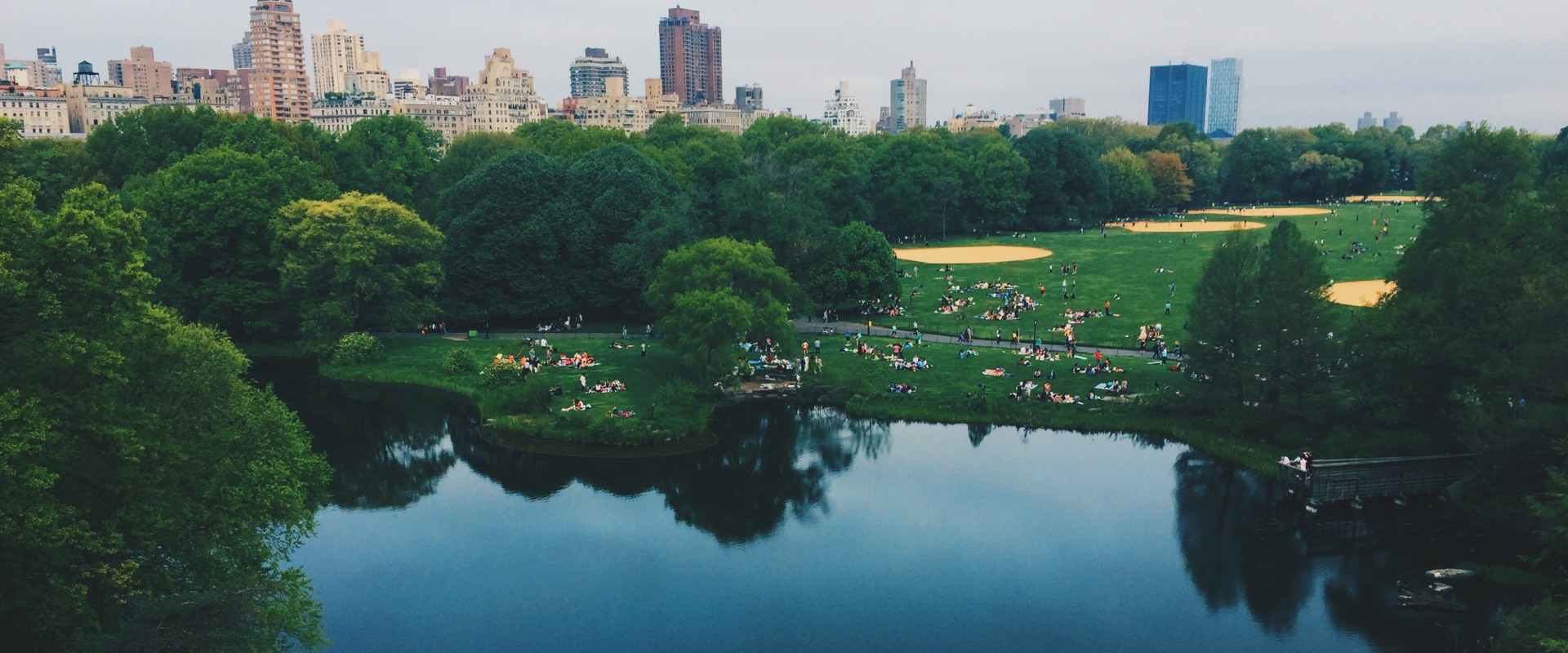Urban forests stand as vital components of city ecosystems, offering a myriad of benefits that extend far beyond their aesthetic appeal. These green spaces, comprised of street trees, parks, gardens, and natural wooded areas within urban settings, play a crucial role in enhancing the quality of life for city dwellers by providing essential ecosystem services, mitigating environmental issues, and fostering community well-being. The importance of urban forests is multifaceted, touching on environmental, social, and economic aspects that collectively contribute to healthier, more sustainable urban environments.
At the environmental level, urban forests act as natural air filters, absorbing pollutants and particulate matter, thus improving air quality and contributing to the health of urban populations. They also play a significant role in mitigating the urban heat island effect, a phenomenon where urban areas experience higher temperatures than their rural counterparts due to human activities and the prevalence of heat-absorbing surfaces like asphalt and concrete. The shade provided by trees, coupled with the cooling effect of transpiration, helps lower surface and air temperatures, making urban areas more comfortable during hot weather and reducing the need for air conditioning, which in turn lowers energy consumption and carbon emissions.
Moreover, urban forests are instrumental in managing stormwater and reducing the risk of flooding. Trees and vegetated areas increase soil permeability and act as natural water sinks, absorbing and filtering rainwater, which decreases runoff and the burden on city drainage systems. This not only helps prevent flooding but also protects water quality by filtering pollutants before they can enter water bodies.
Beyond their environmental benefits, urban forests offer significant social advantages. They provide recreational and green spaces for residents, offering a respite from the concrete jungle and opportunities for physical activity, relaxation, and social interaction. Access to green spaces has been linked to reduced stress levels, improved mental health, and enhanced physical well-being. Urban forests also foster a sense of community and belonging, acting as communal spaces that encourage social cohesion and provide opportunities for environmental education and stewardship.
Economically, urban forests contribute to the prosperity of cities. They can increase property values, attract tourism, and reduce healthcare costs by promoting a healthier lifestyle and environment. Furthermore, well-maintained urban forests can create job opportunities in tree care, landscaping, and environmental conservation, contributing to the green economy.
The stewardship and expansion of urban forests require the collaboration of city planners, environmental scientists, and the community, including professional services that specialize in the care and maintenance of urban trees. Lafayette Tree Co exemplifies the type of expertise needed to sustain these vital green spaces. As a dedicated provider of arboricultural services, Lafayette Tree Co. plays a crucial role in maintaining the health and vitality of urban forests, ensuring that trees are properly planted, cared for, and pruned, thereby maximizing their benefits to the urban environment. Their work highlights the importance of professional knowledge and skills in the creation and preservation of urban forests, underlining the necessity of integrating urban forestry into city planning and management to secure the myriad benefits these green spaces offer.
In conclusion, urban forests are indispensable to the sustainability, health, and vibrancy of cities. They provide critical ecosystem services, enhance the quality of life for urban residents, and contribute to the economic vitality of cities. The maintenance and expansion of urban forests should be a priority for urban development strategies, with services like Lafayette Tree Co. playing a vital role in ensuring these green spaces continue to thrive and benefit urban populations for generations to come. Their significance cannot be overstated, as they represent a fundamental component of green infrastructure crucial to addressing many of the environmental and social challenges faced by urban areas today.
